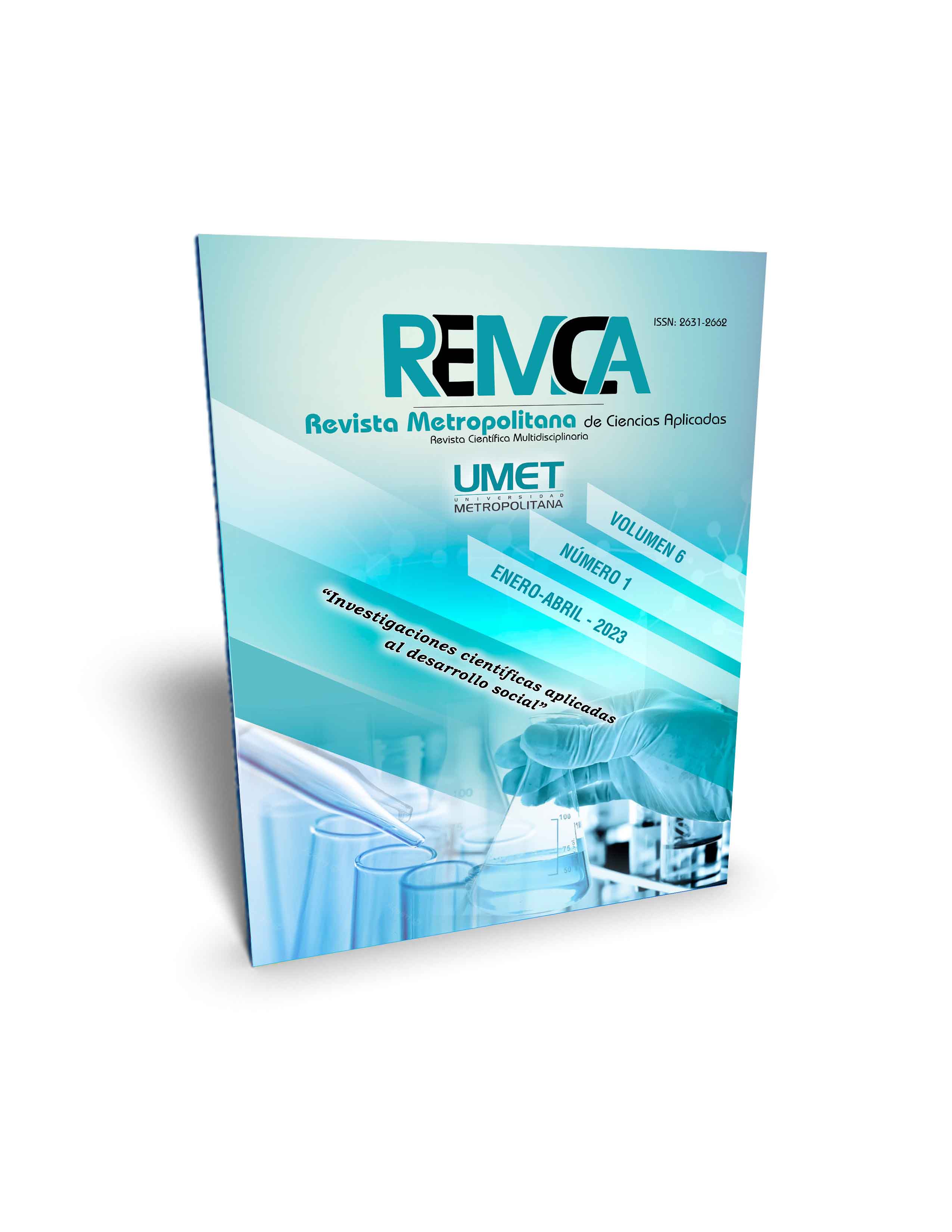The ineffective firing of women in Ecuador. Legal, constitutional and conventional approach
DOI:
https://doi.org/10.62452/yzsbzq26Keywords:
Ineffective dismissal, women, legal, constitutional, conventional approachAbstract
In Ecuador, a series of discriminations and limitations on the rights of pregnant, maternity and breastfeeding women persist; because the criterion of mercantilist thought has been imposed on the social one, considering motherhood as an obstacle and not as a social contribution. The Ineffective Dismissal, due to its short validity in Ecuadorian legislation, has not been the subject of an extensive study to determine the effectiveness of application of this institution. However, when referring to pregnant women or pregnant women, there is a direct opposition of the legal institution of ineffective dismissal that protects their job stability, against the power of the employer to terminate the employment relationship. This research aims to identify the constitutional, legal and conventional legal bases of the ineffective dismissal of pregnant women in the Ecuadorian legal system by reviewing doctrine, jurisprudence and laws. To carry out this work, the researchers accepted the approach: critical propositional of a quantitative-qualitative nature, in order to show that pregnancy cannot constitute an obstacle to access to work, much less a justification for its termination.
Downloads
References
ADAM Health Solutions. (2022). Enciclopedia de la Salud . https://medlineplus.gov/spanish/encyclopedia.html
Alpa, G. (2018). El derecho de los consumidores: un laboratorio para los juristas. Revista de Derecho Privado, 15, 5-26.
Andres, L. (2015). Las mujeres y el derecho laboral ecuatoriano desde el enfoque de género. Una mirada a la Ley orgánica para la justicia laboral y el reconocimiento del trabajo del hogar. Revista de Estudios Jurídicos, 4, 18-31.
De la Puente, M. (2016). El Contrato en General. Revista Peruana de Derecho de la Empresa, 74, 30-88.
Ecuador. Asamblea Nacional Constituyente. (2008). Constitución de la República de Ecuador. Registro Oficial 449. https://www.oas.org/juridico/pdfs/mesicic4_ecu_const.pdf
Ecuador. Asamblea Nacional. (2015). Ley Orgánica para la Justicia Laboral y Reconocimiento del Trabajo en el Hogar. Registro Oficial Suplemento 483. https://oig.cepal.org/sites/default/files/ecuador_-_ley_org._para_la_justicia_labora_y_reconocimiento_del_trabajo_en_el_hogar.pdf
Ecuador. Corte Nacional de Justicia. (2016). Resolución No. 06-2016. Registro Oficial 873. https://www.cortenacional.gob.ec/cnj/images/pdf/resoluciones_obligatorias/2016/16-06%20Triple%20reiteracion%20-Garantias%20laborales%20a%20mujer%20gestante.pdf
Fernández, J. (2001). Derecho Laboral. Revista Mujer, Justicia y Género, 167-254.
Jaramillo Quezada, J., & Puertas Bravo, L. (2017). El Despido Ineficaz en la Legislacion Ecuatoriana. Revista Internacional y Comparada de Relaciones Laborales y Derecho de Empleo, 84-105.
Organización Internacional del Trabajo. (2014). Convenio Núm. 169 de la OIT sobre pueblos indígenas y tribales en países independientes. ONU. https://www.ilo.org/wcmsp5/groups/public/---americas/---ro-lima/documents/publication/wcms_531204.pdf
Osterling Parodi, F. (2010). Principales principios contractuales. http://www.osterlingfirm.com/Documentos/articulos/Principales%20principios%20contractuales.pdf
Pautassi, R., Faur, E., & Gerardi, E. (2016). El trabajo como derecho un análisis y género. Revista Javeriana, 49-90.
Pulla, M. (2016). El despido ineficaz en la legislación ecuatoriana. CEP.
Roppo, V. (2017). El Contrato. Revista Universitas, 45-67.
Soto Coaguila, C. (2018). La contratación electrónica: los supuestos «contratos informáticos» y los contratos celebrados a través de medios electrónicos. Revista Javeriana, 55, 181-207.
Downloads
Published
Issue
Section
License
Copyright (c) 2023 Libertad Machado-López, Mariuxi Paola Cedeño-Floril, Daniela Fabiola Jiménez-Daul (Autor/a)

This work is licensed under a Creative Commons Attribution-NonCommercial-ShareAlike 4.0 International License.
Authors who publish in Revista Metropolitana de Ciencias Aplicadas (REMCA), agree to the following terms:
1. Copyright
Authors retain unrestricted copyright to their work. Authors grant the journal the right of first publication. To this end, they assign the journal non-exclusive exploitation rights (reproduction, distribution, public communication, and transformation). Authors may enter into additional agreements for the non-exclusive distribution of the version of the work published in the journal, provided that acknowledgment of its initial publication in this journal is given.
© The authors.
2. License
The articles are published in the journal under the Creative Commons Attribution-NonCommercial-ShareAlike 4.0 International License (CC BY-NC-SA 4.0). The terms can be found at: https://creativecommons.org/licenses/by-nc-sa/4.0/deed.en
This license allows:
- Sharing: Copying and redistributing the material in any medium or format.
- Adapting: Remixing, transforming, and building upon the material.
Under the following terms:
- Attribution: You must give appropriate credit, provide a link to the license, and indicate if any changes were made. You may do this in any reasonable manner, but not in any way that suggests the licensor endorses or sponsors your use.
- NonCommercial: You may not use the material for commercial purposes.
- ShareAlike: If you remix, transform, or build upon the material, you must distribute your creation under the same license as the original work.
There are no additional restrictions. You may not apply legal terms or technological measures that legally restrict others from doing anything the license permits.




